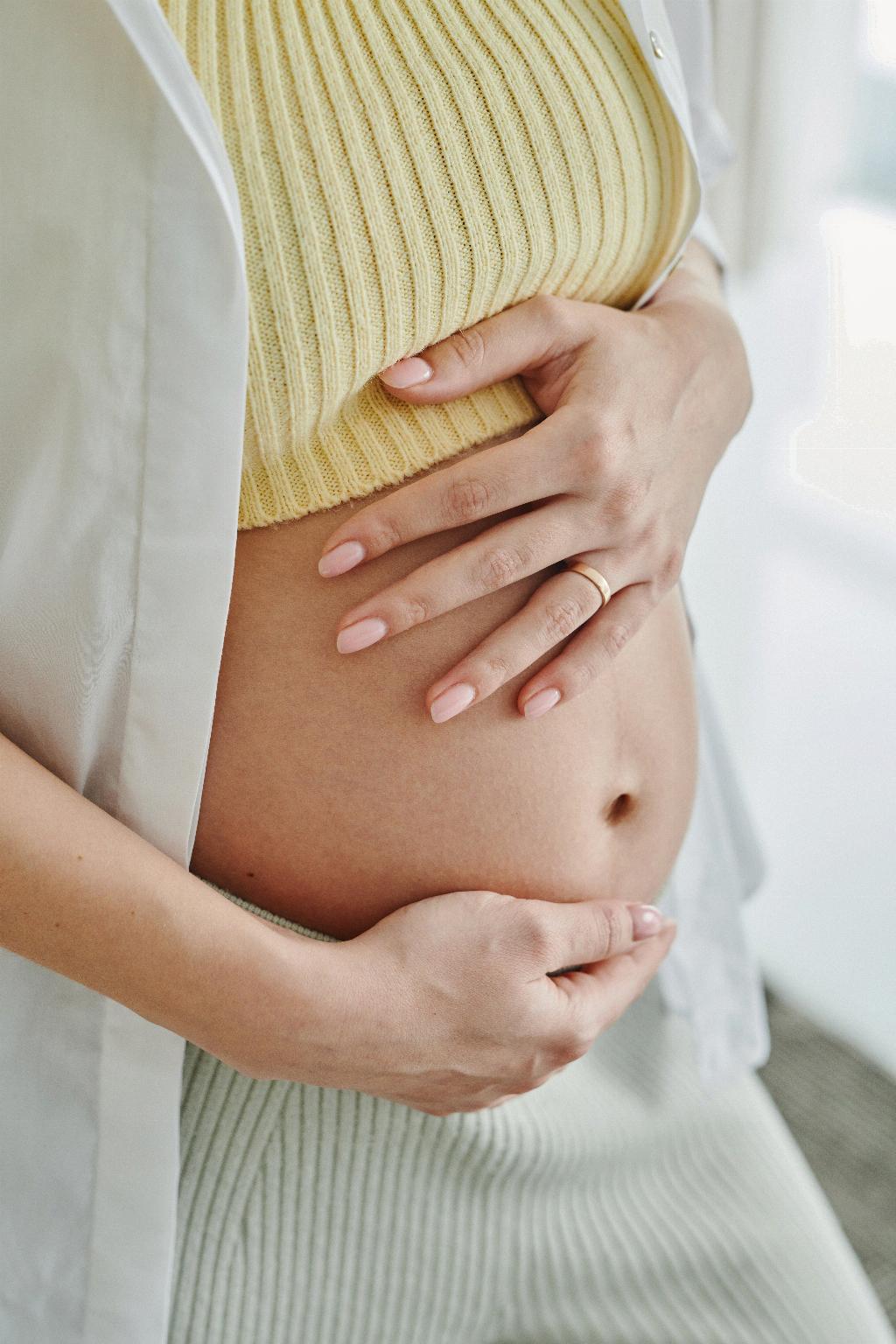Before diving into the question of whether one can have a healthy pregnancy with a bicornuate uterus, it’s essential to understand the implications of this uterine anomaly. A bicornuate uterus is a congenital condition where the uterus is heart-shaped, with a deep indentation at the top. This structural difference in the uterus can impact pregnancy outcomes and fertility.
Fertility and Conception Considerations
Individuals with a bicornuate uterus may face challenges when trying to conceive, as the shape of the uterus can affect the implantation of the fertilized egg. However, it’s important to note that many individuals with this condition can conceive naturally and carry a pregnancy to term successfully.
Risks and Complications
While many individuals with a bicornuate uterus can have healthy pregnancies, there are risks and complications to be aware of. These may include a higher risk of miscarriage, preterm birth, and breech presentation. It’s vital for individuals with this condition to receive regular prenatal care and monitoring to mitigate these risks.
Consulting with Healthcare Providers
If you have a bicornuate uterus and are considering pregnancy, it is crucial to consult with your healthcare provider. They can provide personalized guidance based on your individual health status and history. Together, you can discuss the potential risks and ways to optimize your chances of a healthy pregnancy.
Medical Interventions and Support
In some cases, medical interventions may be recommended to support a healthy pregnancy with a bicornuate uterus. This may include closer monitoring during pregnancy, lifestyle modifications, and in some instances, surgical interventions to address any uterine abnormalities that could impact pregnancy outcomes.
Optimizing Pregnancy Outcomes
While there may be additional considerations for individuals with a bicornuate uterus during pregnancy, it is possible to optimize outcomes with proper care and monitoring. Following a healthy lifestyle, attending all prenatal appointments, and keeping open communication with your healthcare team can all contribute to a positive pregnancy experience.
Understanding Your Unique Situation
Every individual’s experience with a bicornuate uterus is unique, and the impact on pregnancy can vary. It’s essential to approach pregnancy with awareness and knowledge of your specific condition, as well as being prepared for potential challenges that may arise along the way.
Emotional Support and Well-Being
Coping with the uncertainties and challenges of pregnancy with a bicornuate uterus can take a toll on one’s emotional well-being. Seeking support from loved ones, joining support groups, or speaking with a mental health professional can help address any feelings of anxiety or stress during this time.
Stay Informed and Educated
Stay informed about your condition and pregnancy by asking questions, researching reputable sources, and staying in close contact with your healthcare provider. Knowledge is empowering, and being proactive in your care can lead to a more confident and supported pregnancy journey.
Final Thoughts
In conclusion, having a healthy pregnancy with a bicornuate uterus is indeed possible for many individuals. By actively engaging with your healthcare team, understanding the risks involved, and taking steps to optimize your pregnancy outcomes, you can increase the chances of a successful and healthy delivery. Remember that each pregnancy journey is unique, and with the right support and preparation, it’s possible to navigate this experience with confidence and positivity.

